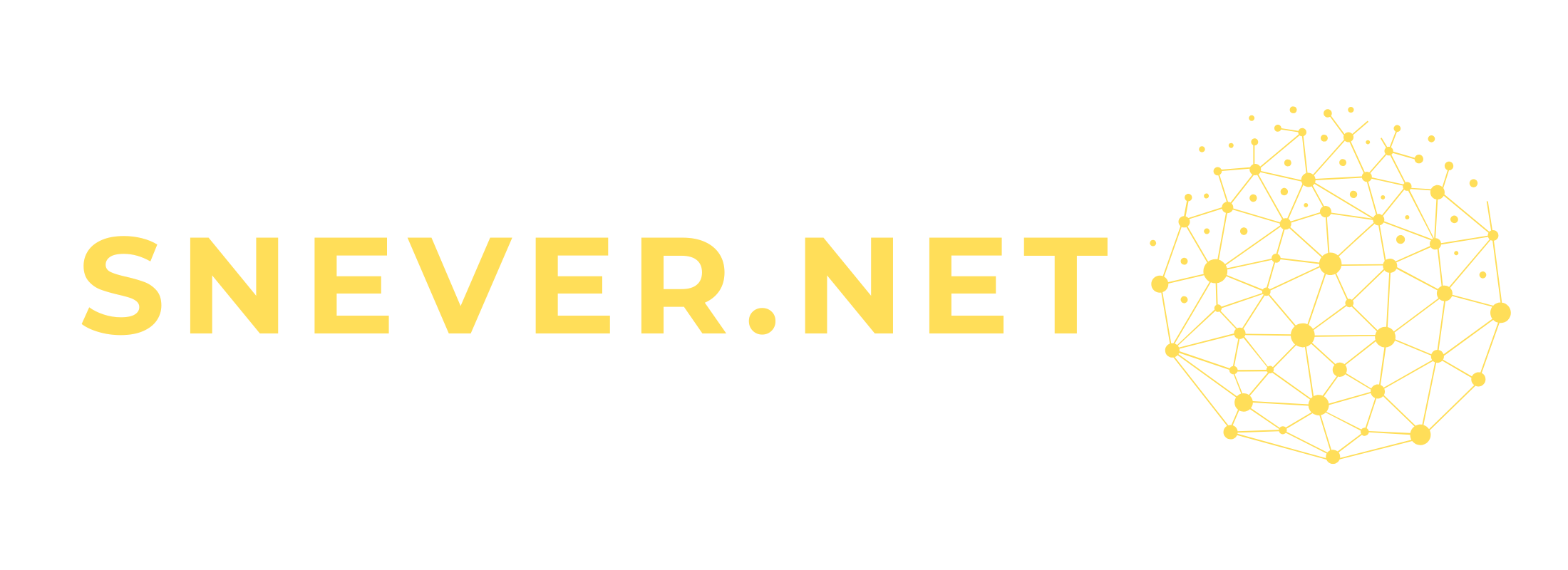The Double-Edged Sword of Digital Piracy: Unravelling The Gordian Knot of Digital Theft and Music Rights
Digital Piracy, a term that has drawn differing views and elicited various reactions across nations, industries, and platforms. Whether it’s a grey zone issue or a clear white and black matter of principle, it remains a recurring topic of conversation in our ever-growing digital age. This article dives into the deep end of exploring the dual nature of digital piracy, bringing a clear understanding of the balance between digital theft and music rights.
A Closer Look at Digital Piracy
Extracting the complexities of digital piracy to their basic elements, it all revolves around the controversial procurement and distribution of copyrighted material without prior permission or legal rights. This can range anywhere from video games to movies, and most popularly, music.
In essence, digital piracy is considered digital theft. While it may not physically steal an item off a shelf, it unofficially confiscates the intellectual property and potential revenue streams allocated rightfully to creators, producers, distributors, and several other stakeholders.
Digital Theft: The Unseen Robbery
When we think of stealing, our minds instinctively flashback to the classic image of a robber, masked and creeping in the shadows. However, the nature of theft has drastically changed. It has evolved beyond physical entities and classic cat-burglar tropes to a more technologically sophisticated, invisible, yet equally damaging form of theft – digital theft.
Digital theft is the unacknowledged consumption or distribution of someone else’s digital property. This could range from software, digital books, movies, to music files. By pirating these materials, one disregards the systems put in place to ensure fair compensation for all involved parties.
Music Rights and Piracy: The Delicate Balance
Music is one area where digital piracy has caused a significant stir. The advent of the Internet age has made music more accessible than ever. While it’s a step forward for listeners, it presents a significant conundrum for music rights.
Music rights ensure the creators, producers, and distributors of music receive their fair and legal dues from the sale, performance, and licensing of their musical works. Digital piracy, however, circumvents these rights, resulting in significant financial losses and minimal recognition for those involved in the creative process.
However, digital piracy does not always shake up music rights negatively. Occasionally, it inadvertently becomes a promotional tool. In regions where legal music access is limited or prohibitively expensive, music piracy allows listeners exposure to a variety of artists they wouldn’t ordinarily encounter. In the long term, these listeners could turn into paying fans, attending concerts, purchasing merchandise, and even advocating for the artist.

The Ethical Ambivalence
Digital piracy, particularly concerning music rights, can morally and ethically be a grey area. On one side, stealing is wrong. Piracy deprives artists and everyone else involved in music creation of their deserved revenue and recognition. It’s unfair and illegal.
However, on the other side of the coin, one might argue from an audience perspective. They may view overpriced music, generally poor artist royalties, and geo-restricted content as systemic issues causing piracy, rather than piracy being the primary problem.
A Way Forward: Solutions and Alternatives
Solving the issue of digital piracy is not a straightforward task. It requires cooperation from various industry players and regulatory authorities. Strict laws and enforcement can play a part, deterring potential pirates. However, punitive measures alone aren’t the solution.
More comprehensive, affordable, and easily accessible means of obtaining music legally could deter a section of the population from the need to pirate. Adapting to the digital age and fostering a culture of fair remuneration for artists can strike a balance between consumer needs and music rights.
Ending Notes
Despite its controversial nature and numerous conversations, one fact remains indisputable. The advent of digital piracy and digital theft has fundamentally transformed the landscape of music rights.
As we move forward, it becomes more imperative to educate ourselves and others on the importance of respecting these rights. At the same time, pushing for reforms and adaptations that make these rights compatible with our current digital age is equally crucial.
Digital piracy, much like a double-edged sword, has two sides. Whether it be a tool for exposure or an act of digital theft, striking a balance, it seems, is as complex as unravelling the Gordian Knot.

